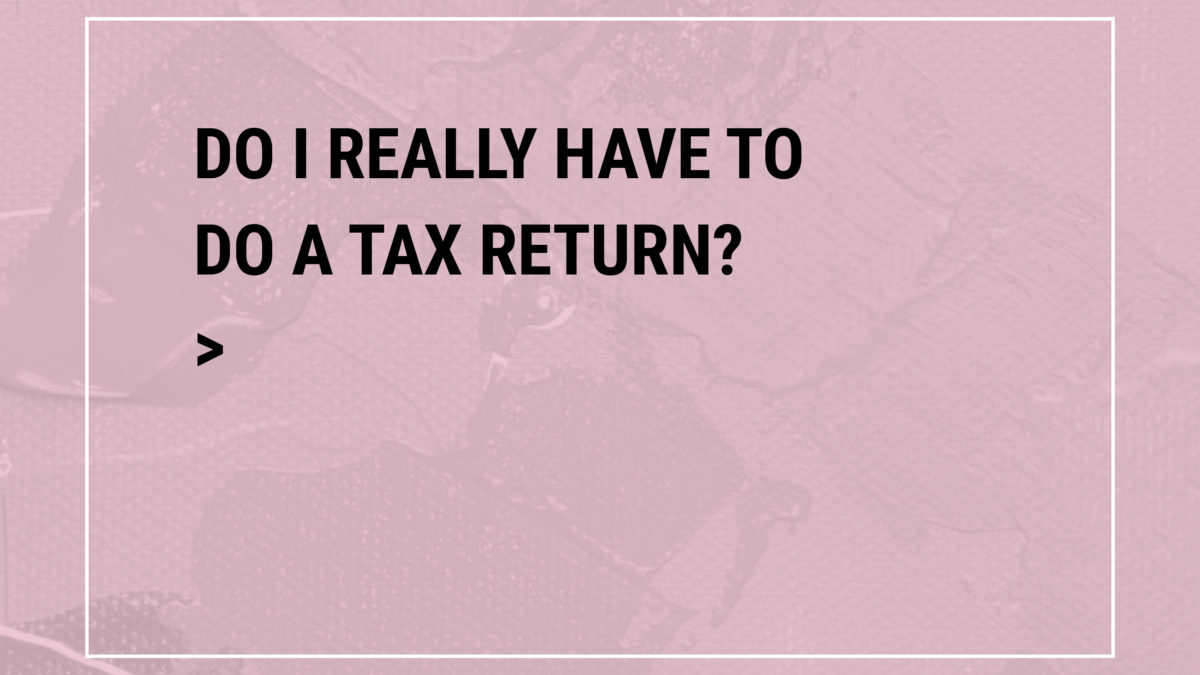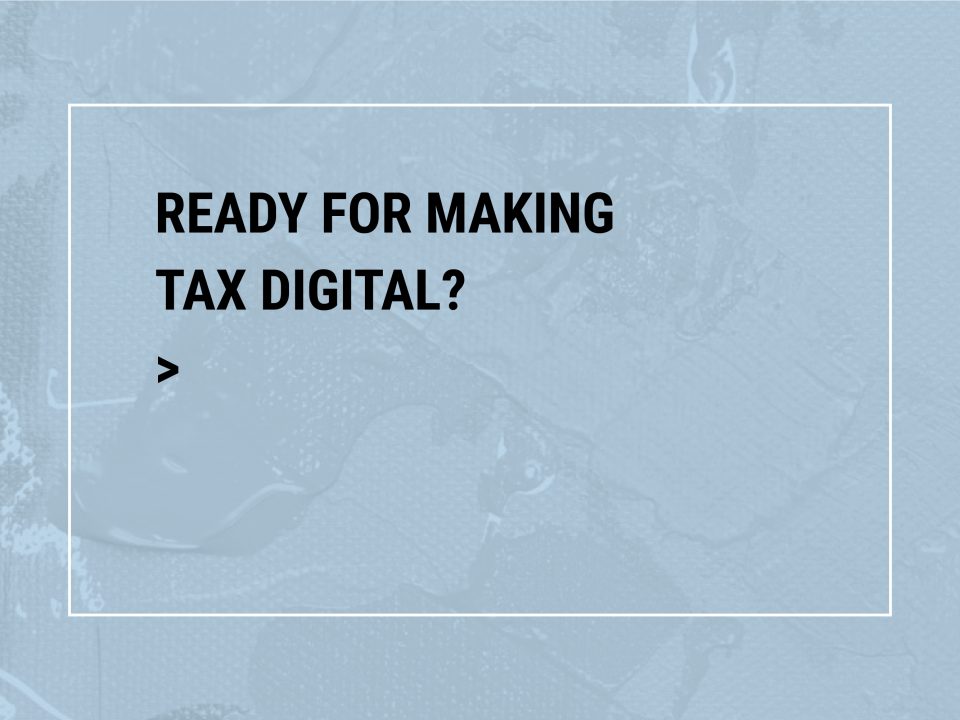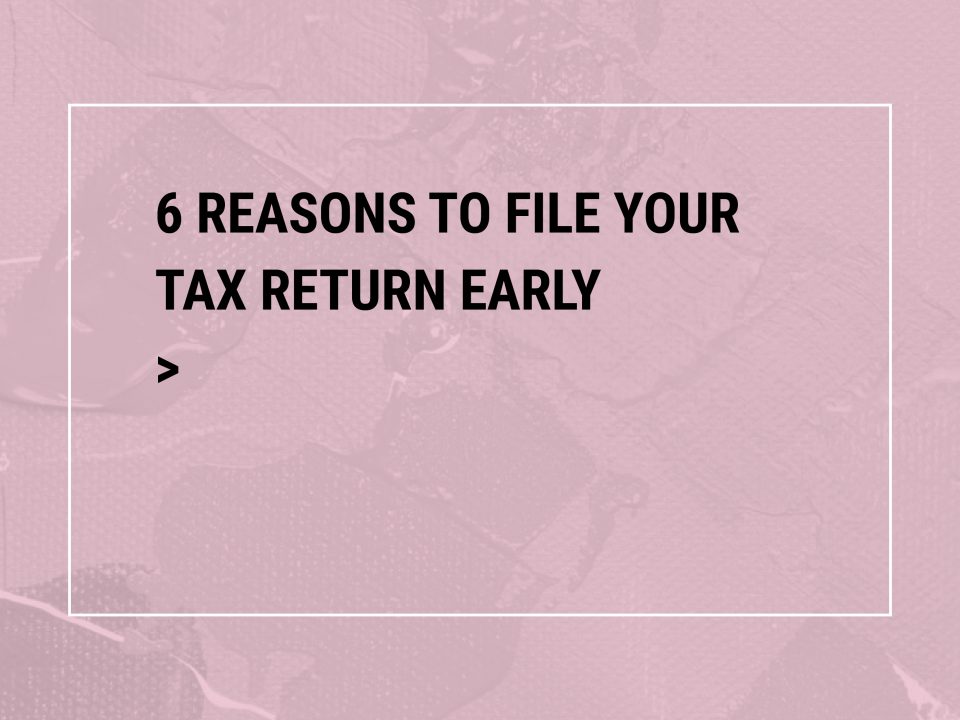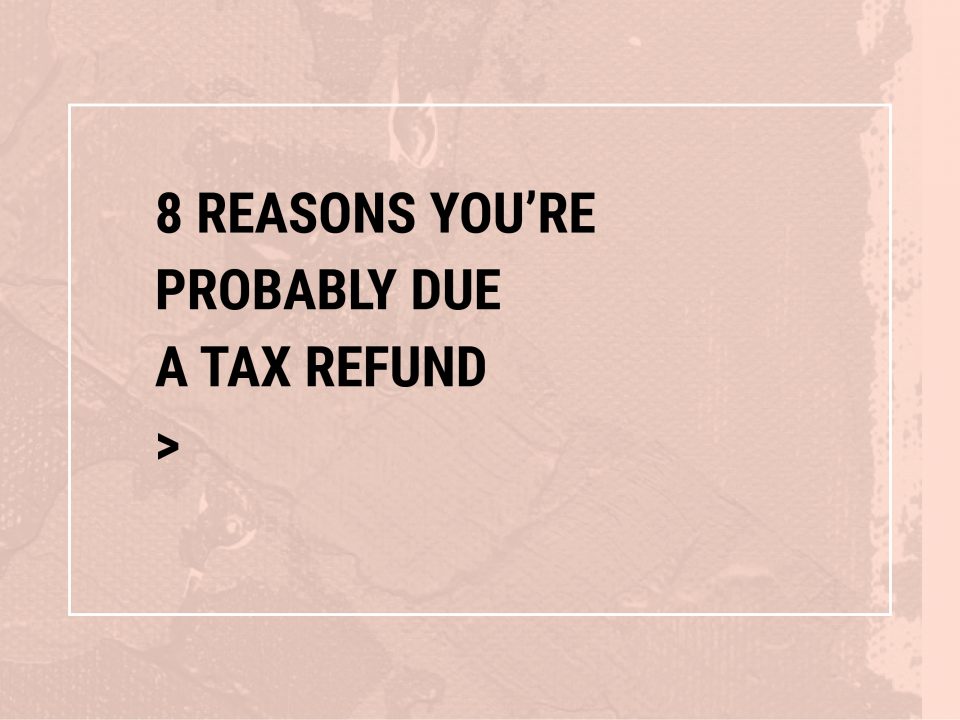
Do I really have to do a tax return?
What is a tax return? Who has to complete one? And how can you make the whole process less of a chore? Here’s The Tax Farm’s quick and simple guide.
What is a tax return?
As an individual, a tax return is your way of informing HMRC about your income and capital gains (that is, profits from selling assets such as shares or property) for the tax year. Oddly, a tax year runs from the 6th April each year through to 5th April the following year.
From time to time you may hear a tax return being referred to as a self-assessment tax return; self-assessment is not a tax, it’s the system HMRC uses to collect income tax.
You can also use the tax return to claim any tax allowances or reliefs you may be entitled to.
Do I need to complete a tax return?
You do if HMRC has asked you to.
If you haven’t been asked, you will still need to complete a return if you know you’ve received some income that hasn’t had any tax deducted. You may complete a return if you want to claim a tax refund (see below).
Generally speaking, if you are self-employed or are a landlord you must submit a tax return as you will be in receipt of untaxed income. If you believe you need to report untaxed income then you need to register on or before 5th October in the following year from when you received the income.
Do I need to complete a tax return if I’m an employee?
Possibly. It’s true that most working people don’t have to complete a tax return because they are employees and have income tax deducted via their employer’s PAYE (Pay As You Earn) scheme. But even if you are employed, you’ll still need to consider if you have any additional untaxed income, such as:
- £2,500 or more from tips/commission etc that wasn’t taxed as part of your regular wage
- £10,000 earned from investments or savings interest
- Income from abroad
- State pension payments that are your only source of income and which exceed your personal allowance
Additionally, you’ll need to complete a tax return if you are:
- A trustee of a registered pension scheme or other trust
- A trustee or representative of someone who has died
- A Lloyd's of London 'name'
- A minister of religion
And don’t forget to consider Child Benefit.
Where a parent receives Child Benefit and one or both parents earn in excess of £50,000 you will need to consider completing a tax return and repaying some or all of the Child Benefit received in the tax year.
If you are unsure whether or not any money you have received is subject to tax, talk to an accountant.
Sometimes you may not have any untaxed income to declare but you may still complete a tax return where you want to claim a tax refund (for example on charitable donations, pension contributions or job related expenses) or to simply prove you are self-employed, for example to claim maternity allowance.
Remember age is not a factor. Whether you’re 10 or 110 years old you may still need to complete a tax return.
When do I need to complete my tax return?
The deadlines are the same every year (although that doesn’t stop most people from pushing them to the limit every year):
- 5 October is the deadline to register for a tax return for the first time (if you’ve received untaxed income in the previous tax year)
- 31 October is the deadline for submitting a paper tax return, but you’ll enjoy a far more generous deadline of 31 January if you submit online
- 31 January is also the deadline for paying any tax due for the tax year you are declaring. At this point you may also have to pay some tax on account for the following tax year, which is called ‘payment on account’ and usually amounts to half your previous year’s tax bill.
- 31 July is the deadline for making your second payment on account (which covers the other half)
What happens if I don’t submit a tax return?
Put simply, you’ll pay for it. Whatever you do don’t ignore filing a tax return as your wallet will be severely lighter for not doing so.
Submit your tax return just one day late and it will cost you £100. If after 3 months your tax return is still outstanding the penalties start to add up at £10 per day up to a maximum of £900.
But it doesn’t stop there. If your return is still outstanding after a full 6 months HMRC will impose a further penalty of £300 or 5% of the actual tax due, whichever is greater. A similar penalty will apply if the return is still unfiled after 12 months. Depending on the reasons for and behaviours behind the late filing, the fine could rise to 100% of the tax due.
That’s not all. The above fines are for being late in submitting your tax return. There are additional fines if you’re late paying your tax, which are 5% of the tax due after 30 days, 6 and 12 months.
And don’t forget that HMRC will also charge daily interest from 1st February until the amount is paid.
It goes without saying (but we’ll say it anyway), submitting your return on time is vital. And that’s just one reason why doing your accounts online can make real sense.
How can I make my tax return less painful?
The tax return deadline can be a particularly tough time for sole traders. With often only you to do the bookwork, it can be hard to cram it all in between doing the day job.
In many respects, the ways to avoid that end of tax year panic are the same as they’ve always been:
- Do the bookkeeping as you go and don’t forget to keep hold of all your receipts
- Submit the information to your accountant as early as you can
- Keep 20% of your income(ish) in a holding account so when the time comes to pay the tax, the money’s ready and waiting
What’s changed over recent years is the help available to make all of the above a reality. Real time accountancy tools make it easy to keep up with your income, expenses and receipts. Smart systems like the ones used by The Tax Farm link everything automatically and makes the tax return process a doddle.
And because it’s so much easier to keep tabs on your cashflow, you’ll find managing payments to your tax account are easier too.
If your tax return is an annual headache you could live without, well… live without it. Discover how here.



